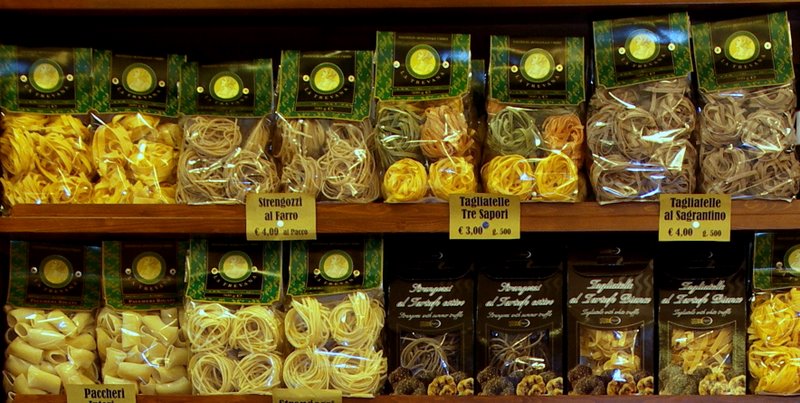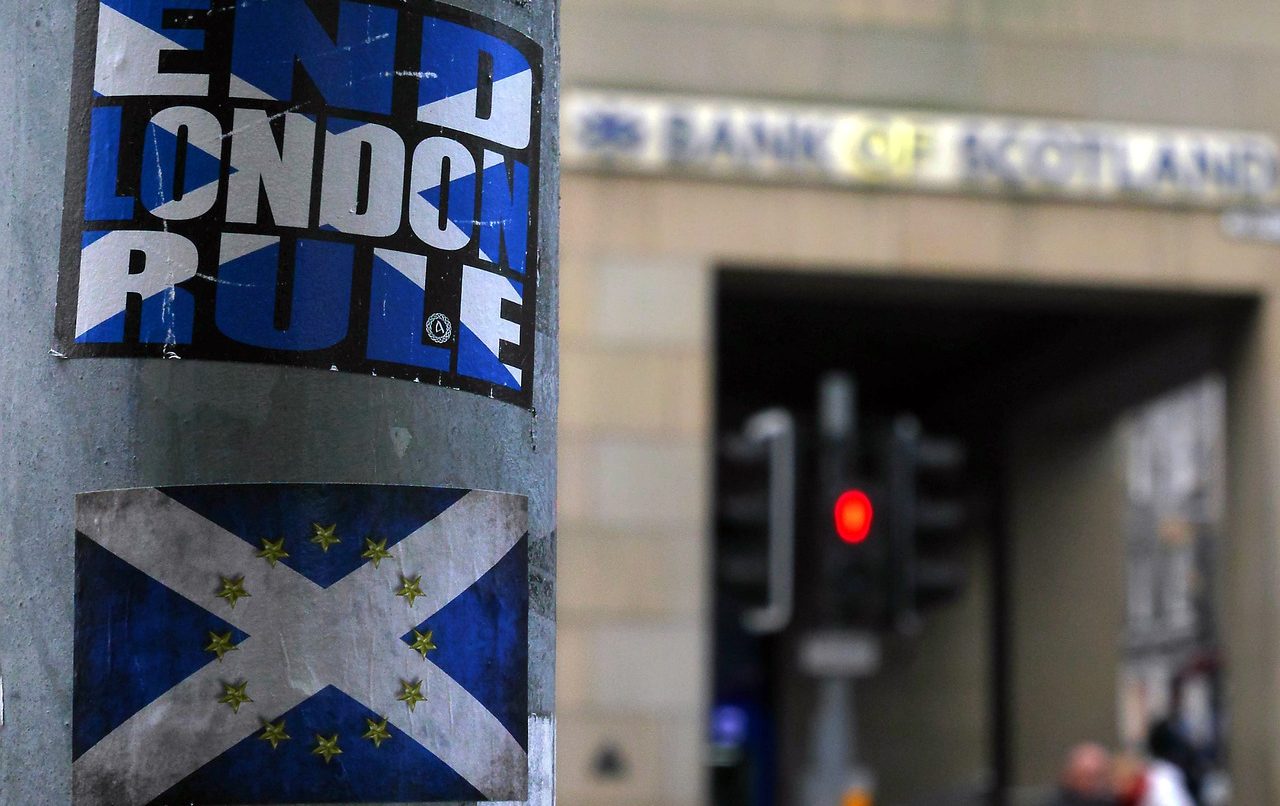The European Union is about to ease the norms on food labelling in order to remove the “best before” labels on food products such as pasta, rice, coffee and hard cheese. That is, food with no “sanitary” due date, just a nutritional or organoleptic one. This is what Coldiretti – the Federation of Italian Farmers – pointed out after seeing the agenda of the EU Agriculture and Fisheries Council, to take place on April 19, 2014, in Brussels. The agenda in fact indicates that the Netherlands and the Swedish delegations will draw the Council’s attention to the issue of food losses and food waste in Europe. They will make some suggestions to reduce the problem, notably the exemption of products with a long shelf life from the requirement to provide a “best before” date on the label: this initiative is supported by the Austria, Denmark, Germany and Luxembourg.
Given the economic crisis, nowadays just 36 percent of Italians say the strictly follow the best before labels of food, they evaluate the quality of products directly before throwing them away, according to the elaborations on Gfk Eurisko data by Coldiretti – which highlighted that only 54 percent of Italians have a daily check of their fridges and 65 percent have a monthly check of their sideboards. An historical U-turn was made during the crisis: about 73 percent of Italians, that is three out of four, cut their food waste in 2013, trying to optimise and save money with their shopping. This trend of waste control – underlined Coldiretti – is maybe the only positive aspect of the crisis, in a situation in which each Italian threw away 76 kilograms of food products in 2013!
The temptation of eating expired food products in order to avoid waste shouldn’t be against the quality of nutrition, when several citizens are forced to save on their shopping, maybe giving up with nutrients essential for health or turning to low cost products that not always offer the same quality guarantees. With the crisis Italians gave up the ‘Mediterranean diet’, pasta (-5 percent), extra-virgin olive oil (-4 percent), fish (-7 percent), vegetables (-4 percent) in comparison with 2013 – according to Coldiretti data on purchases of the first two months of 2014: only low-cost food bought in discount supermarkets registered a strong increase (+2.9 percent).
The Minimum Shelf Life of food, according to Coldiretti, has its own meaning, introduced in order to guarantee consumers, even though it not exactly an expiry date. Reported with the “best before date” in fact, it indicates the last moment in which a product keeps its own specific proprieties, with suitable conservation conditions. Just the period in which organoleptic and sensory proprieties are kept, without risks for health if the date is (shortly) exceeded. Quite different from the expiry date then – the date in which you must consume the product, and after which the product cannot be sold. It is important not the eat products after their expiry date, in order to avoid significant risks for health. “To be eaten by [date]” is the usual indication for the expiry date, and it usually does not exceed 30 days after the production.
Currently just few food products have an expiry date established by a law, as Coldiretti explained: milk (7 days) and eggs (28 days). For any other product, the shelf life is established autonomously by producers, according to a series of elements such as technological treatment, quality of raw materials, kind of processing and conservation, packaging. That’s why it is not unusual to see, during a quality control, two similar products with different brand and different best before date. Each single company is in fact entrusted with the task of making tests on its products in order to measure the microbial growth and evaluate how many days it is possible to keep organoleptic and nutritional values intact before a remarkable variation of them.
This results, for instance, with olive oil to be consumed within 12 months for some companies, and over 18 for others – with the remarkable risk of losing all its nutritional and sensory characteristics, according to the Food and Microbiology Science and Technology Department of the University of Milan. Such researches underlined that there are various effects when exceeding food due date: dealing with yoghurt, which lasts 1 month, a 10/20-day exceeding does not alter it, even though it reduces its live micro-organisms, while on the other side tinned tomatoes can be eaten within 2 years, but are sensibly better when eaten before that deadline.











